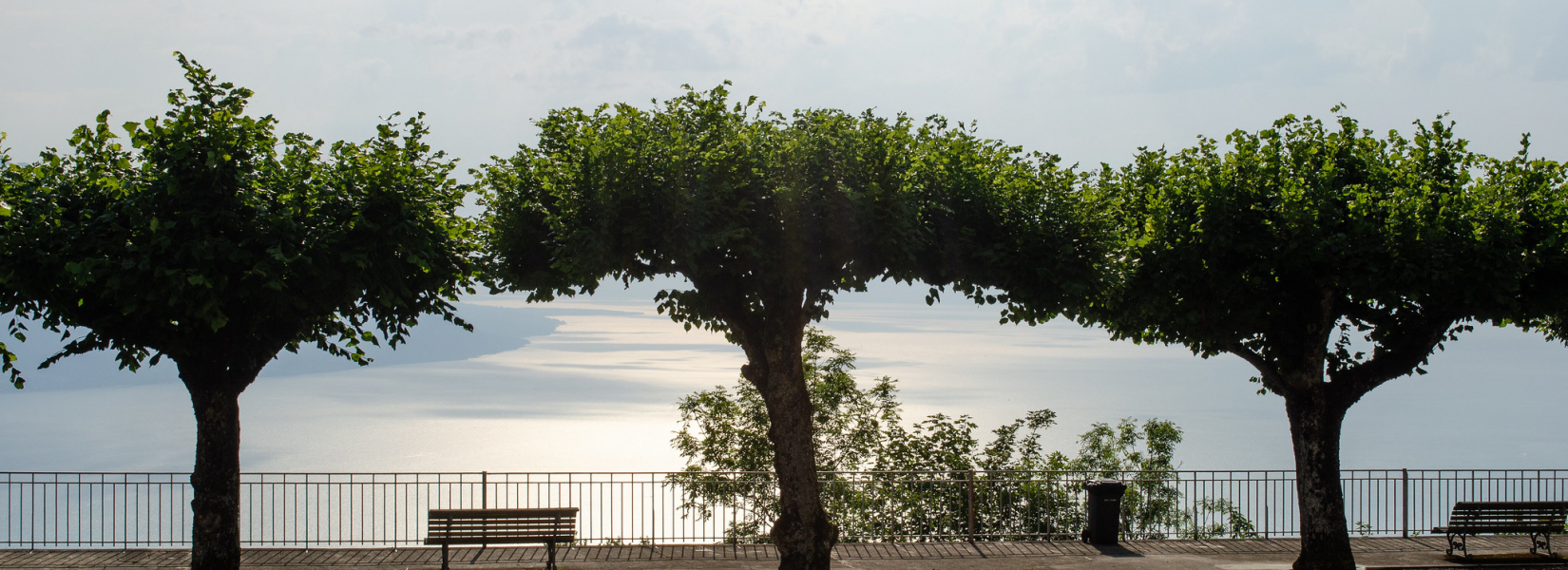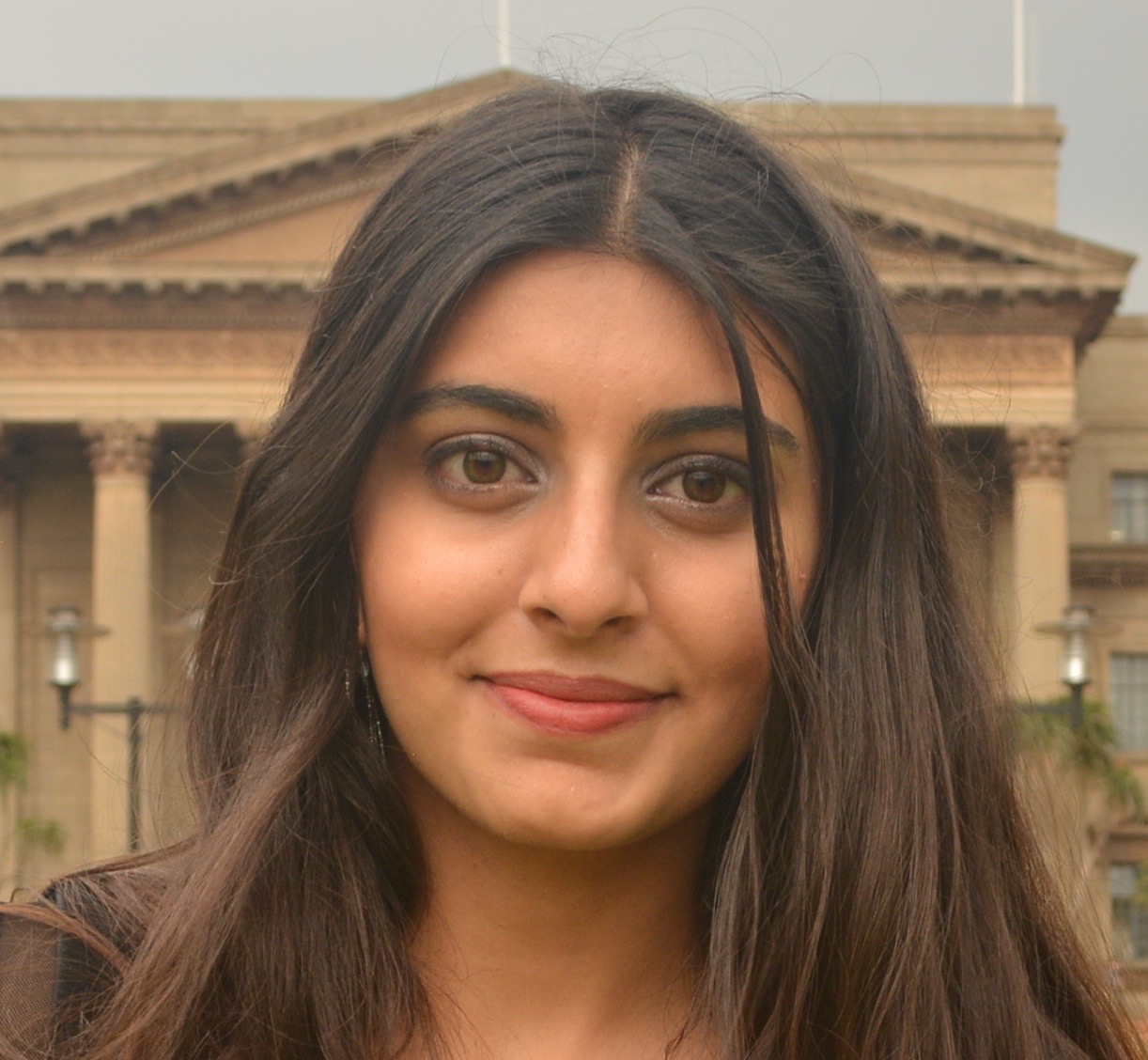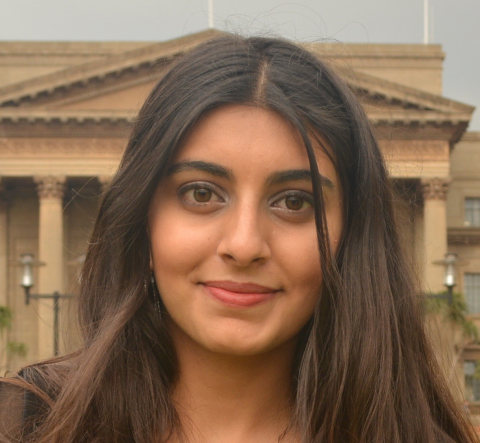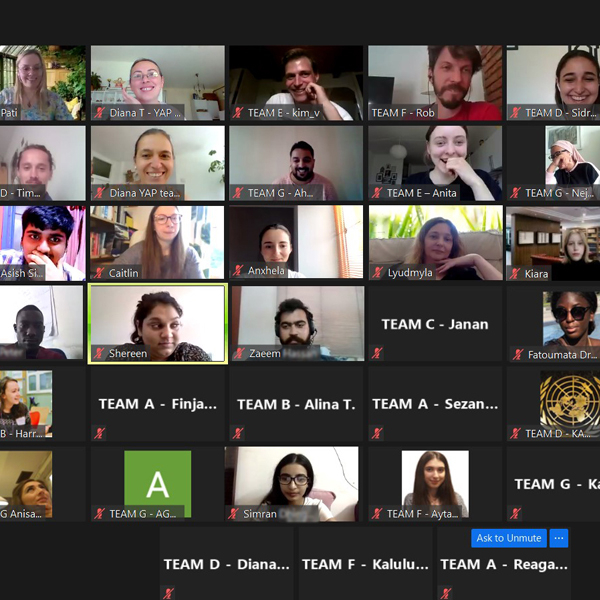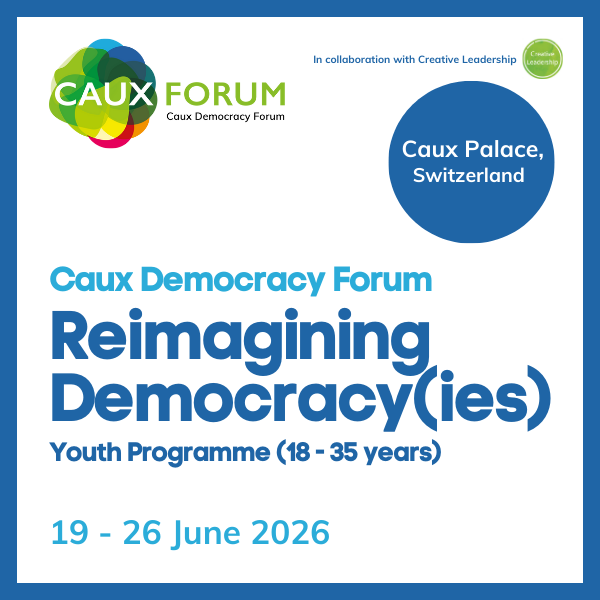Learning to be a Peacemaker 2020
By Sabica Pardesi
12/08/2020
Sabica Pardesi is 24 years old and participated at this year's online version of Learning to be a Peacemaker. She is currently pursuing her Masters in Digital Business with a background in Fine Arts. Her research focuses on high-growth digital startups in South Africa and digital marketing. She is passionate about social impact through creative and entrepreneurial initiatives.
"I am really thankful to the person who introduced me to the Initiatives for Change programme Learning to be a Peacemaker. It was life-changing in so many ways. It opened my eyes to things we know in theory, but don’t really put into practice either actively or consciously. So, here are some of my thoughts on the programme and why I enjoyed it so much.
From the outset, I found myself in a safe bubble with a wonderful group of keen learners. I had expected to attend a lecture, but instead found myself taking part in a dialogue with stories. Together we discussed and unpacked the “why” of peacemaking.
It was a unique experience where people from different backgrounds, cultures and journeys came together to understand what peace means. Growing up in a Muslim home, we all know the basics of Islamic teachings, the pillars, and the qualities of human attributes. Yet, we practice what fits, what is contextually appropriate and what meets our terms. In a few days we unpacked Islam as a means of preserving life. We started from the core principles of Islamic and Quranic teachings, the struggles, the life of the Prophet, perspectives on loyalty and global citizenship, finally building up to the qualities of a peacemaker, all intertwined with stories, and relevant examples.
Islam means peace. This is not something that can be worn like a blanket when we feel the need for warmth, but something that needs to be processed, internalised and submitted to. Then, the warmth will come from within. We will no longer feel the need to be accepted, to be heard, to be followed. We will find that everything will be enough. We cannot be peacemakers without first ‘uncapping’ this inner peace. Anyone can uncap their inner peace by accepting the higher power. In Islam when we submit to the oneness of God, we acknowledge that He is all knowing and all seeing. Knowing that I am never alone feels like a big warm hug. His presence is eternal and that gives rise to the practice of awareness. That is right, it is something that is practised and developed overtime. To become more aware, we must be conscious of our every intention, action and utterance.
Before this course, I was another person looking to change the world and spread peace. As young people, we carry the anger and pain passed onto us by our parents, by our nations and cultural biases. We are quick to voice injustices and make statements. Although this is not wrong, we often fail to account for sustainability. The course really made me ponder how we do good for the short-term, we treat the symptoms and not the cause. This stems from a lack of knowledge and the pursuit of quick wins. We live in a world where we are continuously seeking to differentiate ourselves, to become better than one another. But a peaceful society comes from merely accepting our differences and embracing one another.
Now that the course is over I am still someone who wants to change the world, but I now know that peace does not just have to be spread, it needs to be cultivated and nurtured. For this I need to practice awareness, as well as the qualities of peacemaking. I also need to acquire knowledge and be patient. My generation which feeds on instant gratification for a living is in for a mighty challenge. But perhaps future generations will reap the benefits.
